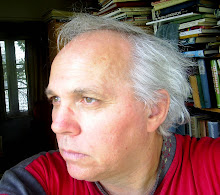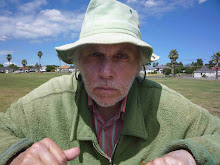
Leo Szilard teaching and Fermi. Szilard invented and patented the chain reaction. He later stongly and actively opposed the use of the atomic bomb as the war was over. See Richard Rhodes (Pulitzer Prize winning book) "TheMaking of the Atomic Bomb" and "The Ascent of Man" by J Bronowski.
“When Hitler arrived in 1933, the tradition of scholarship in Germany was destroyed, almost overnight. Europe no longer hospitable to the imagination.
…all knowledge is limited.
It is an irony of history that at the very time this was being worked out, there should rise, under Hitler in Germany and tyrants elsewhere, a counter-conception: a principle of monstrous certainty. “
[Leo Szilard rejected Rutheford’s assertion of the impossibility of the usage of radioactivity (hence Moonshine the extraordinary book by Alan Brunton of New Zealand) – his comment was that that idea was “moonshine”). Szilard invented the chain reaction and then pushed theUS and Britain to make an atomic bomb, as he feared that Hitler was or could be building one]
BUT
“When in 1945 the European war had been won and he realized that the bomb was now about to be used on the Japanese, Szilard marshaled protest everywhere he could. He wrote meorandum after memorandu. One memorandum to President Roosevelt only failed because Roosevelt died during the very days that Szilard was transmitting it to him. Always Szilard wanted the bomb to be tested openly before the Japanese and in front of an international audience, so that the Japanese should know its power and should surrender before people died…
As you know, Szilard failed, and with him the community of scientists failed…
.jpg)



No comments:
Post a Comment